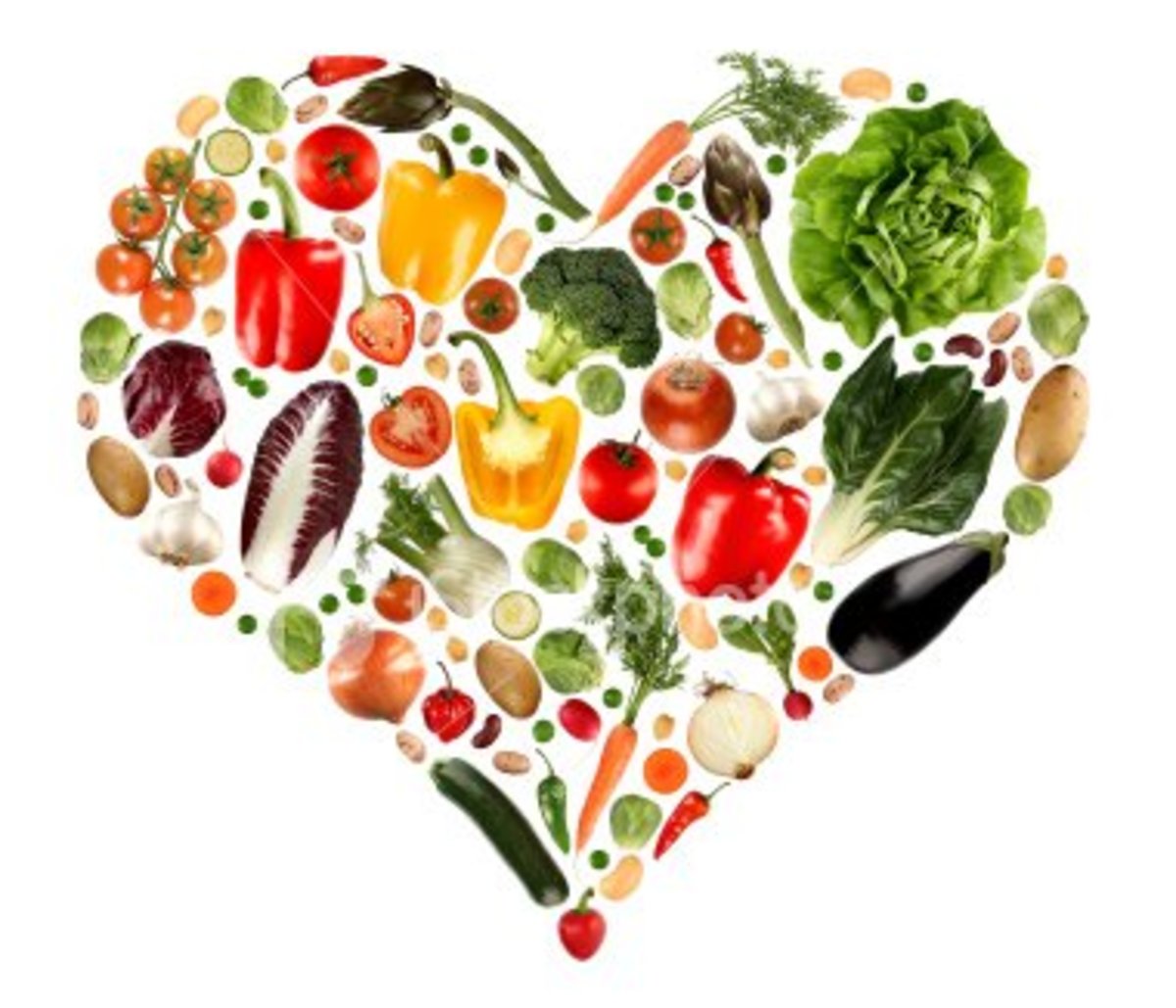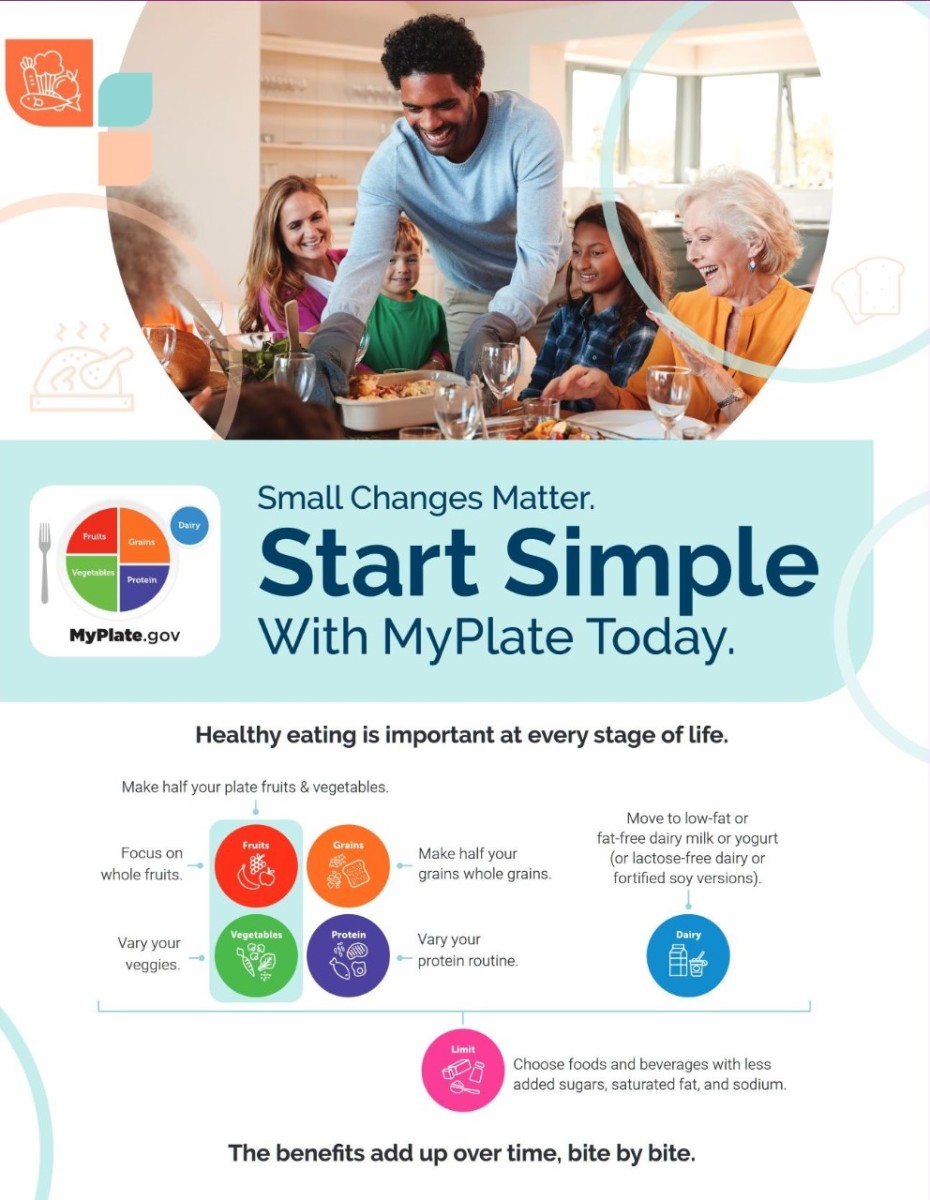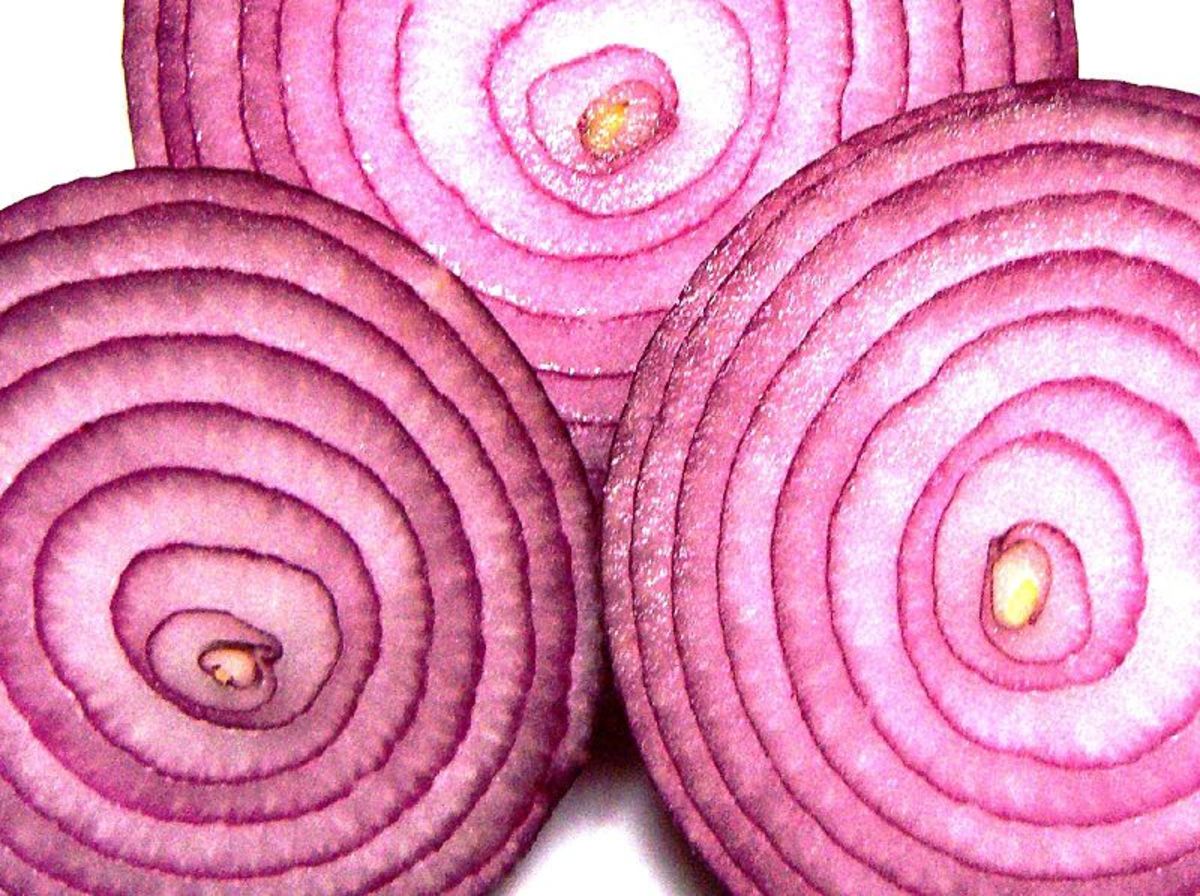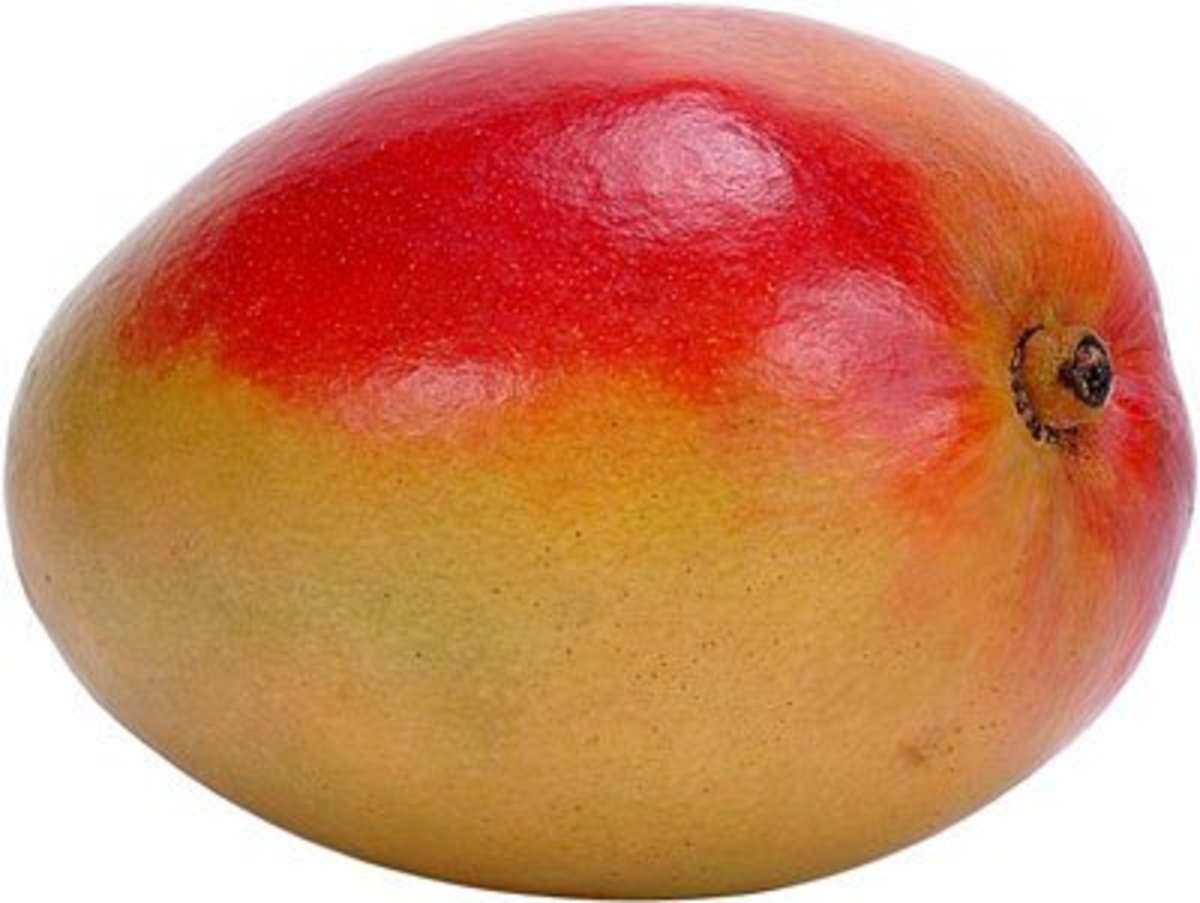Healthy Diets and Cruciferous Vegetables
Your healthy diet plan should include cruciferous vegetables!
For my New Year’s resolution, I’m trying to follow a more healthy diet. I’d love to lose weight, but that’s not the main focus of my new diet plan. I’m sure, however, that weight loss will be a great added benefit. I’m trying to cut out meats and get most of my protein from fish, legumes, fat-free milk, and eggs. I’m also experimenting with lots of veggies and vegetarian recipes, especially vegetarian recipes that include cruciferous vegetables. I’ve known for years about the benefits of incorporating these "super food" vegetables into eating plans, so I tried to eat four or five servings of the veggies every week, even when I wasn’t as concerned about following a beneficial diet plan. Now, however, I’m trying to eat a cross-like vegetable every day. There’s a pretty long list of cruciferous vegetables, and I actually really like most of them, so consuming crucifers is pretty easy for me.
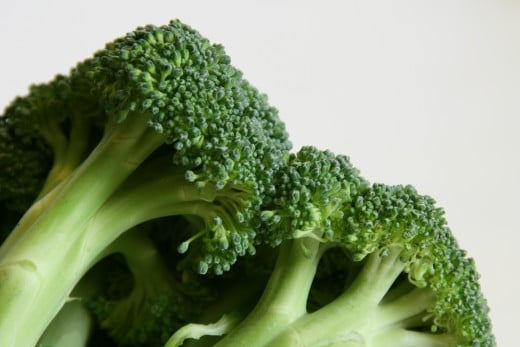
What are cruciferous vegetables
Are you asking yourself, “What are these healthy vegetables?” Okay, I guess we need to cover that before I go on. Cruciferous vegetables are all members of the Cruciferae family. They’re usually pretty easy to identify because of their central root or stalk and four main stems or leaves that grow out from the central part of the plant, making the shape of a cross. The cross shape is where the vegetables get their name – “cross” in Latin is crux. Sometimes such vegetables are called crucifers or cruciferae.
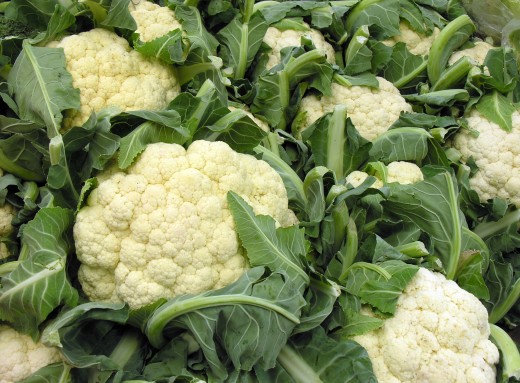
What are phytochemicals
Okay, something else to learn: What are phytochemicals? Phytochemicals are naturally occurring compounds that are found in some plants, including cruciferous plants. Studies show that some phytochemicals have the ability to help protect the body against certain cancers. In fact, an important drug used in the treatment of cancer, paclitaxel, is a phytochemical made from yew trees.
What are phytochemicals in cruciferous veggies that help fight cancer? Actually, there are three phytochemicals in crucifers that might help protect against and even fight cancerous cells: indole 3-carbinol, sulforaphane, and crambene. These compounds work by triggering the body to produce enzymes that can neutralize cancer-causing agents before they have the chance to harm healthy cells.
What cancers have been implicated in the cruciferous vegetables cancer connection? Studies suggest that such vegetables can help protect against lung cancer, breast cancer, prostate cancer, colon cancer, cervical cancer, endometrial cancer, and liver cancer.
With all this research, I hope you're beginning to understand how important it is to your health to include these foods into your daily routine. If you can't eat them every day, at least try to work in several servings a week. In fact, some people find it easier to gradually add health foods to their regular way of eating. I guess they don't want to "shock" their digestive systems!
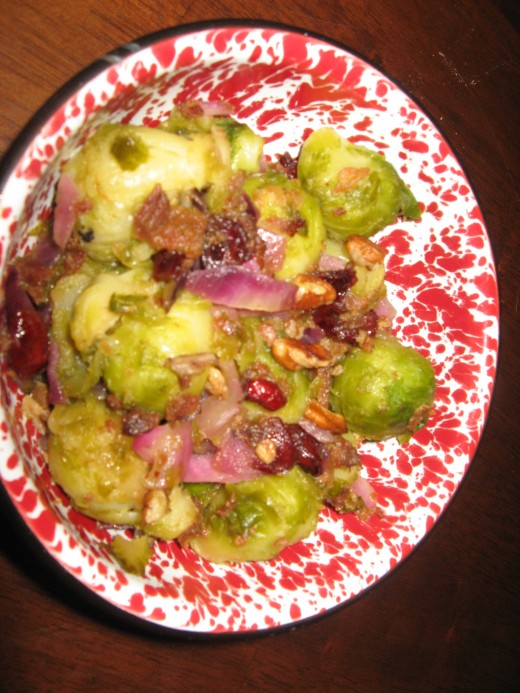
Cruciferous vegetables list
Below is a cruciferous vegetables list of the most popular cruciferae consumed in the United States. This list of vegetables isn’t complete – I just mention the ones with which most Americans will be familiar.
List of cruciferous vegetables
Broccoli
Cabbage
Cauliflower
Horseradish
Bok choy
Brussels sprouts
Radish
Turnip greens
Turnip roots
Watercress
Kale
Rutabaga
Arugula
Collard greens
Mustard greens
Kohlrabi

A healthy diet
Cruciferous vegetables are an important part of a healthy diet. Why? Because these veggies are loaded with healthy vitamins like A, B2, B6, and C. They’re also a good source for folic acid, and they even contain heart-healthy omega-3 fats. Magnesium and potassium, both important nutrients, can also be found in these vegetables. Another big part of a healthy diet plan is consuming enough fiber. With the discussed vegetables, you get both types of dietary fiber – soluble and insoluble. Amazingly, cruciferous veggies deliver these healthy ingredients at very low calorie counts.
Doctors and nutritionists are discovering more and more dietary benefits attained from cross-shaped vegetables. For example, studies show that when crucifers are part of a healthy diet, inflammation in the body is reduced, which can help lower the risk for cardiovascular disease. Also, now doctors think there’s a crucifer vegetables cancer link. Read on!

Cruciferous vegetables cancer connection
There’s a strong cruciferous vegetables cancer association that you might find interesting. Many researchers now believe that crucifers help fight cancers and tumors in more than one way. These veggies help fight free radicals, harmful molecules that are produced in our bodies. A National Cancer Institute study showed that eating cruciferous veggies every day was much more important in reducing free radicals than adding vitamin supplements and fiber were. Plus, when you eat crucifers, you also get to take advantage of their other benefits, like phytochemicals.

Cruciferous vegetable thyroid connection
Should loads of these vegetables be part of everyone’s healthy diet? Nope. If you have problems with thyroid function, you probably need to limit the amount of cruciferae. The cruciferous vegetables thyroid problem is that crucifers contain goitrogens, substances that can support goiter formation and reduce the amounts of the hormones produced by the thyroid gland. When the veggies are cooked for longer than thirty minutes, however, most of the goitrogens are destroyed. If you’re worried about cruciferous vegetables and thyroid function, consult your doctor before making crucifers part of your regular diet.

Adding cruciferous vegetables to a healthy diet
Obviously, not everyone enjoys eating crucifers, but there’s probably at least one cruciferous vegetable you find palatable. If not, you can “sneak” these veggies into foods like soups, stews, stir-fries, and dips. Add some raw radishes to your tossed salad or to your potato salad, or include some chopped cooked turnips in your spinach dip. Try adding some creamed cauliflower to your mashed potatoes. Add some arugula in your chef’s salad. If you get a little creative, you can find all sorts of ways to follow healthy diets that include beneficial veggies.
For those of us who are fortunate enough to actually enjoy cruciferous vegetables, there are tons of ways to eat them. You can often find plenty of vegetarian recipes that include crucifers. Some of my favorite dishes made from these vegetables are broccoli and cheese, coleslaw, steamed cabbage, broccoli salad, and Asian stir-fry with broccoli. Being a southerner, we often eat mustard, turnip, and collard greens, too. We also enjoy steamed broccoli, cauliflower, and Brussels sprouts, served with a little butter and parmesan cheese. As part of my new diet plan, I keep beneficial vegetables like raw broccoli and cauliflower in the fridge, ready to eat raw with low-fat dips.

